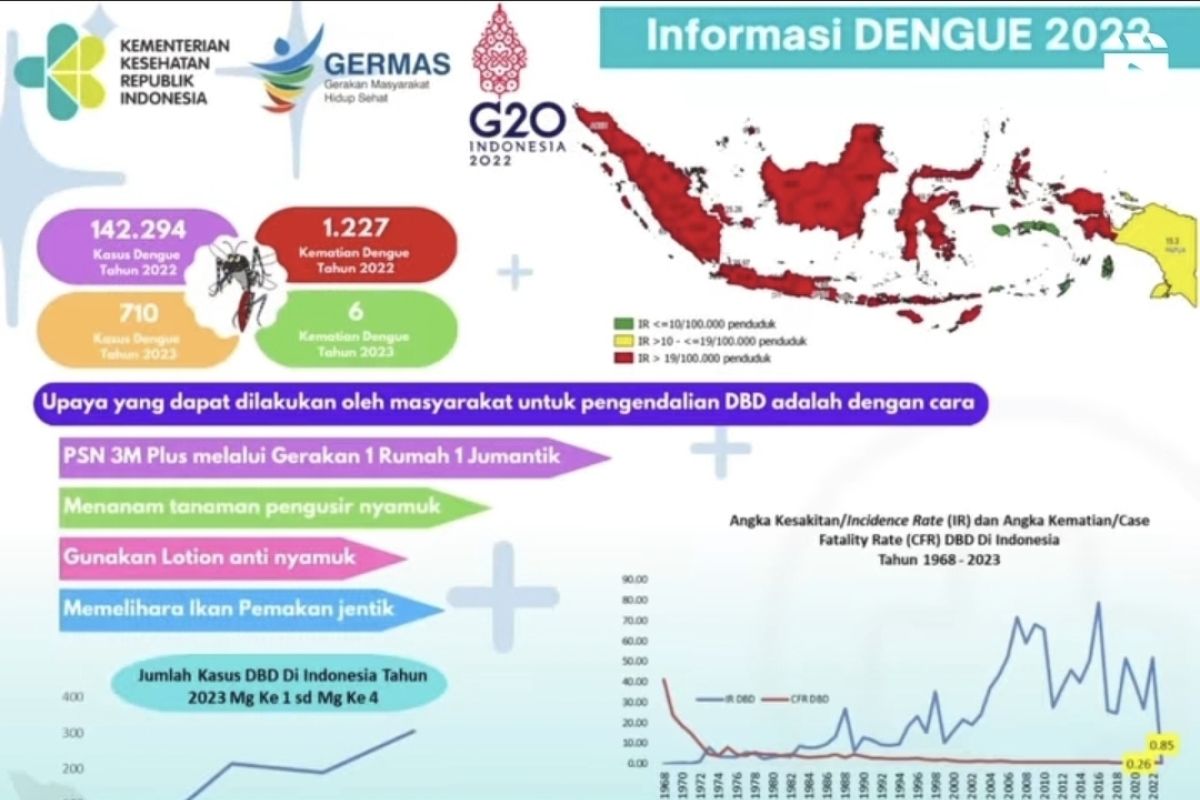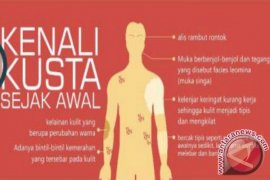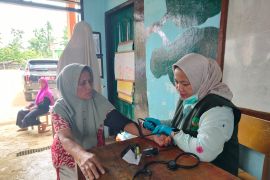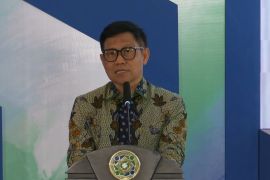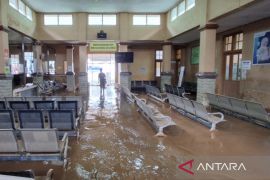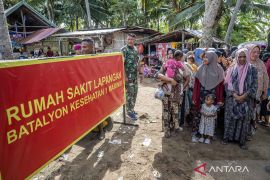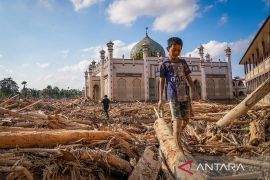"Until the fourth week of 2023, there were 710 cases reported from East Nusa Tenggara (NTT) and Jakarta," the ministry's Director of Infectious Disease Prevention and Control (P2P), Imran Pambudi, stated in Jakarta, Wednesday.
Of these cases, six deaths were reported, with dengue incidence of 0.85 cases per 100,000 population and a Case Fatality Rate (CFR) of 0.26 percent.
He said the number of cases had been reported from 50 districts and cities in several provinces, including NTT and Jakarta.
Most cases reported at the start of the year came from three regions in NTT: Sikka District, with 95 cases; Southwest Sumba, 71 cases; and West Manggarai, 55 cases.
Meanwhile, cases in Jakarta Province were reported from South Jakarta, reaching 44, followed by 42 cases in West Jakarta.
"There were additional cases in the fourth week of 2023, with as many as 306 cases and five deaths," Pambudi stated.
Additional cases came from 28 districts and cities from NTT and Jakarta provinces, he noted.
He remarked that according to the data of dengue suspects obtained from the Early Alertness and Response System (SKDR) gathered cumulatively until the fourth week, there were 16,647 suspects.
SKDR is a system to monitor the trend of an infectious disease with potential outbreaks from time to time, he explained.
The Directorate of Infectious Disease Prevention and Control (P2P) of the Health Ministry also reported that the number of accumulated dengue cases in 2022 in Indonesia reached 142,294, with cases of mortality touching 1,227.
Five districts and cities that reported the highest number of dengue cases in 2022 were located in West Java Province.
These areas include Bandung City, with 4,572 cases; Bandung District, 3,222 cases; Bekasi City, 2,332 cases; Depok City, 2,102 cases; and Sumedang, 2,086 cases.
Pambudi said that efforts to control dengue, including eradicating mosquito nests, can be made through the 3M Plus method (Draining, Closing, and Recycling of used goods) to target the source for breeding mosquito larvae.
People can also sprinkle larvicide powder on water reservoirs that are difficult to clean.
In addition, they can use mosquito repellents, use mosquito nets while sleeping, plant mosquito repellent plants, adjust light and ventilation in the house, and avoid the habit of hanging clothes inside the house that can be a resting place for mosquitoes.
Related news: Minister explores investment plan with Takeda for dengue fever vaccine
Related news: Ministry urges public to follow 3M Plus to prevent dengue
Related news: Surabaya bolsters eradication of mosquito nests to curb dengue cases
Translator: Andi Firdaus, Resinta S
Editor: Sri Haryati
Copyright © ANTARA 2023
